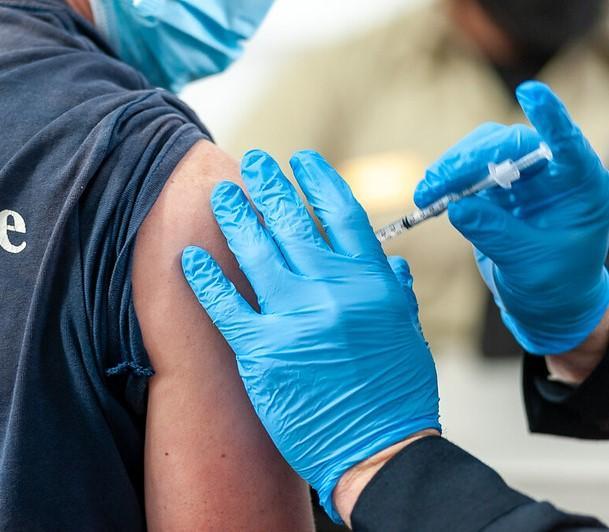
England's National Health Service (NHS) announced today that it is set to launch a vaccination campaign against gonorrhea this summer.
Starting in early August, eligible patients, including gay and bisexual men who have a recent history of multiple sexual partners or a sexually transmitted infection (STI), will be able to receive an existing vaccine for meningococcal B disease (4CMenB) at local authority-commissioned sexual health clinics to prevent gonorrhea. The decision is based on a recommendation from the United Kingdom's Joint Committee on Vaccination and Immunisation.
Multiple studies have shown that the 4CMenB vaccine, which protects against four serogroups of Neisseria meningitidis, also provides moderate cross-protection against Neisseria gonorrhoeae, with vaccine effectiveness ranging from 30% to 40%. A 2002 analysis led by researchers at Imperial College London estimated that vaccinating those at greatest risk of gonorrhea infection would avert 110,000 cases and save the NHS £7.9 million (US $10.6 million) over 10 years.
Surge in gonorrhea cases
The move comes amid a surge in gonorrhea infections in England. The 85,000 cases in 2023 were three times the number reported in 2012 and the most since UK officials began tracking gonorrhea cases in 1918. It's the second most commonly diagnosed STI in the country.
"This vaccination programme is a hugely welcome intervention at a time when we're seeing very concerning levels of gonorrhoea, including antibiotic resistant gonorrhoea," Sema Mandel, MBBS, consultant epidemiologist and deputy director at the UK Health Security Agency (UKHSA), said in an NHS press release. UKHSA is supporting the rollout of the program.
"Not only will this rollout provide much needed protection to those that need it most, but it will make the UK the first country in the world to offer this protection and a world leader in protecting people against gonorrhoea."
NHS says local providers will identify and contact those eligible for vaccination through sexual health services.















